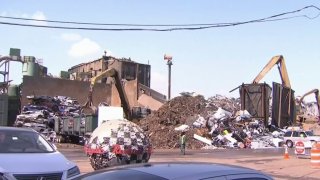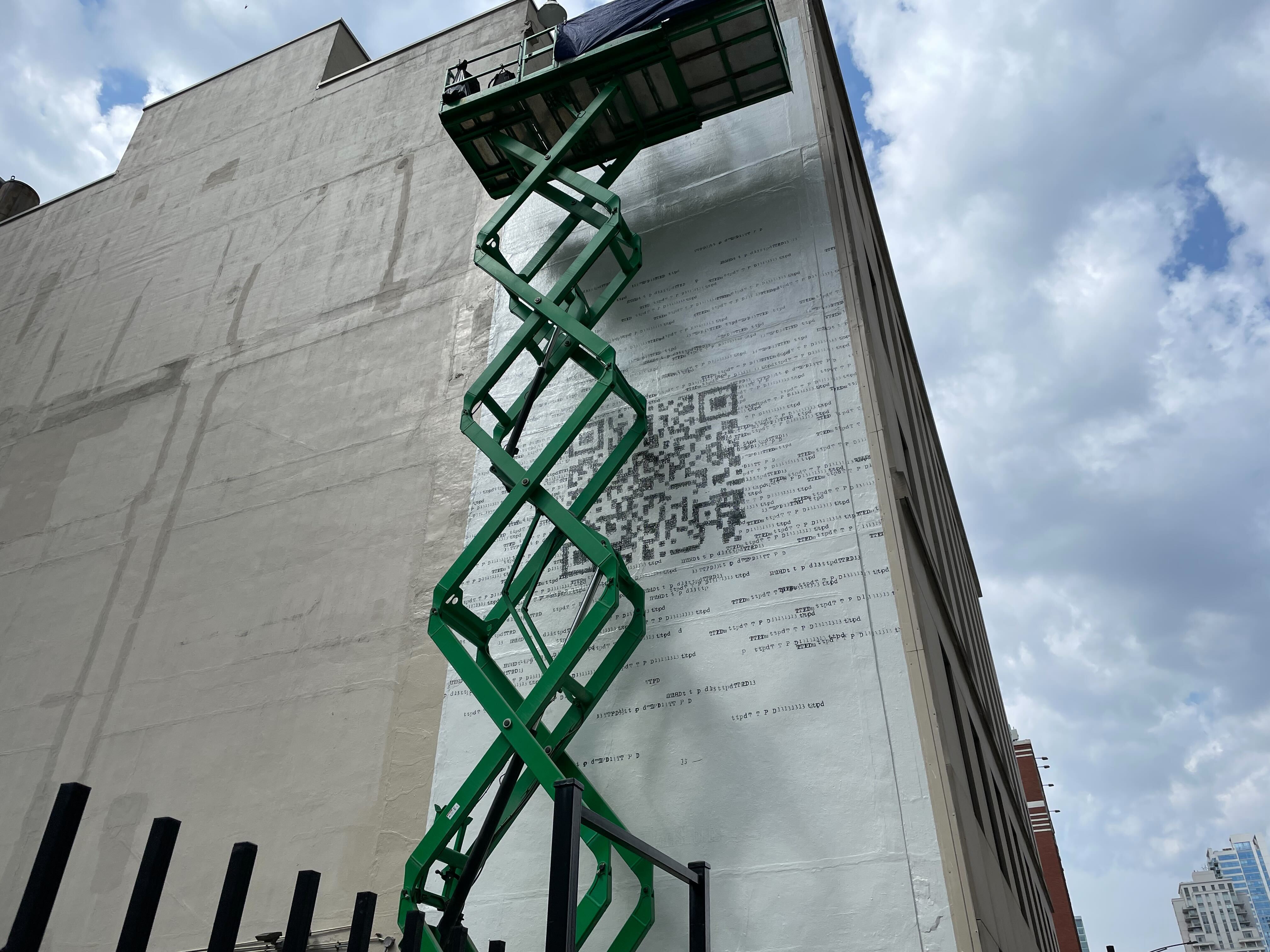
Chicago Mayor Lori Lightfoot on Friday delayed the decision on whether to issue a permit to a proposed controversial medal shredding facility on the city's industrial-heavy Southeast Side following a suggestion from a top U.S. environmental official to conduct a "robust analysis" before such a decision is made.
Last year, Reserve Management Group closed its General Iron car-shredding facility in the predominantly white and affluent Lincoln Park neighborhood. The company plans to open a rebranded facility, Southside Recycling, in a predominantly Latino community near the Illinois/Indiana border, but has been met with opposition.
In a letter to Lightfoot dated Friday, U.S. Environmental Protection Administration Chief Michael Regan suggested that the city complete an environmental justice analysis, including a Health Impact Assessment, to consider the potential health effects of the proposed facility.
"Substantial data indicate the current conditions facing Chicago's Southeast Side epitomize the problem of environmental injustice, resulting from more than a half century of prior actions," Regan said.
Feeling out of the loop? We'll catch you up on the Chicago news you need to know. Sign up for the weekly Chicago Catch-Up newsletter here.
The neighborhood ranks at the highest levels for many pollution indicators such as air toxics cancer risk, respiratory hazard, lead paint, hazardous waste proximity and wastewater discharges, according to the EPA chief.
Regan added he believes it's prudent that the city delays a decision on the pending permit until the analysis can be performed.
Later on Friday, Lightfoot released a statement explaining she directed the Chicago Department of Health to initiate an environmental study recommended by the EPA and to push back a decision on issuing the permit.
Local
In late January, the EPA announced it was opening an environmental justice investigation into the state of Illinois' approval of a permit for the project.
Last fall, multiple residents filed a federal lawsuit against the city, Mayor Lori Lightfoot and others, claiming the city’s support to “relocate” General Iron’s operations amounts to a “racially-discriminatory decision.”
Addressing the controversy, Reserve Management Group CEO Steve Joseph wrote in a letter to the editor in the Chicago Sun-Times in November that he welcomed the chance to be held accountable during the permitting process and the project has “created hundreds of construction jobs and will keep more than 100 well-paying jobs in the city.”
"The racial, ethnic and income demographics of surrounding neighborhoods played no role in our considerations,” he added.
In the past decade, areas like the Southeast Side community have been fighting petroleum coke pollution, landfill sites, proposed coal plants and high concentrations of manganese, a neurotoxin linked to neurodegenerative diseases like Parkinson’s, according to Earthjustice, a nonprofit environmental law organization.
"Areas that are largely Latino, such as on the Southeast Side, have been a dumping ground where all the polluting industries have gone for many years,” said Jennifer Cassel, an attorney with the nonprofit.
In the letter to Mayor Lightfoot, Regan said he understands the permit is "only one piece of the complex environmental challenges facing the community in Chicago's Southeast Side."
"As we go forward, I want to assure you that U.S. EPA remains committed to working collaboratively with state and local partners to address our shared environmental priorities, advance equity and improve the health of all residents," he said.



